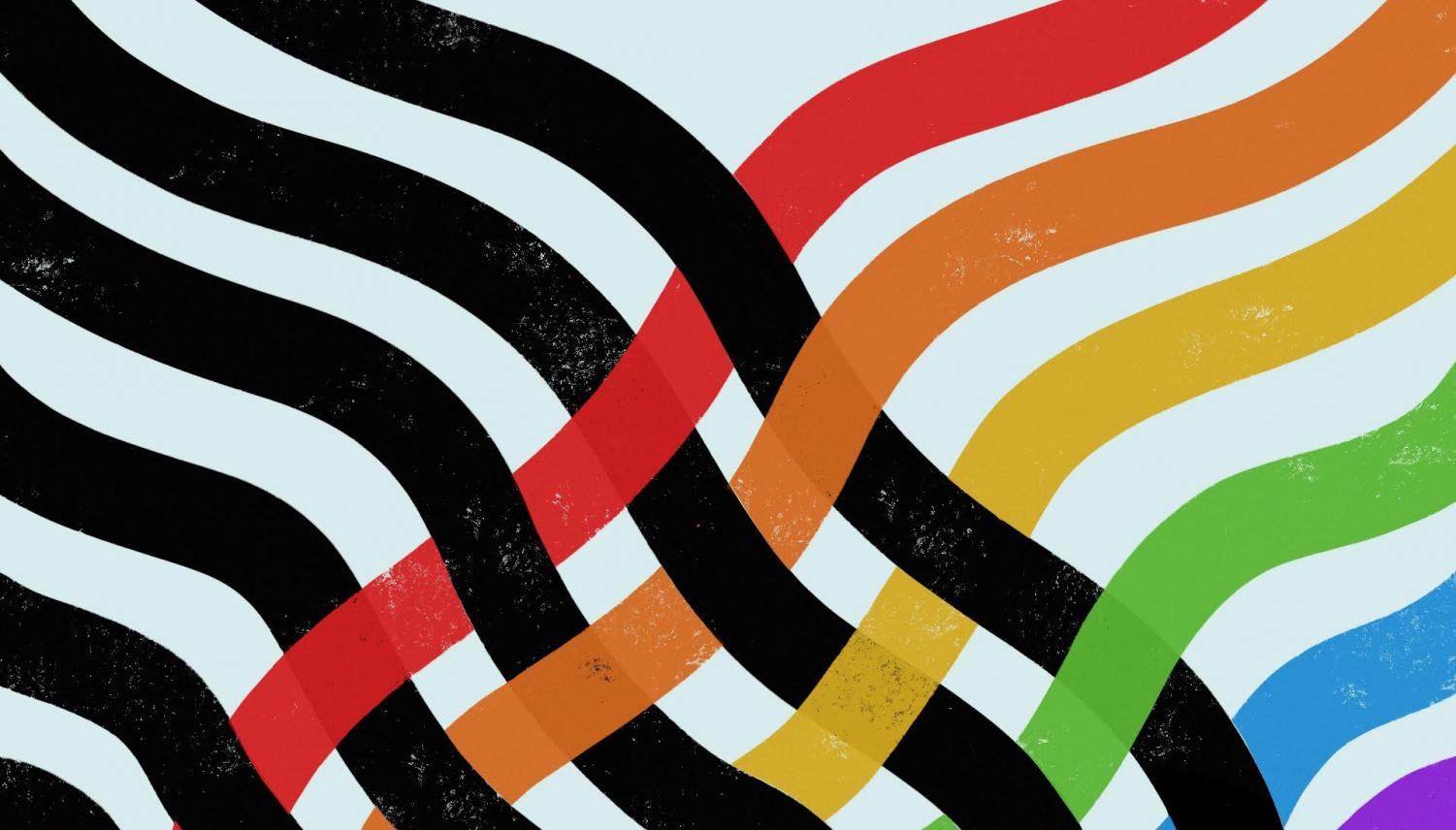EDITORIAL: Straightness does not need celebration
September 8, 2019

A Straight Pride Parade was hosted in Boston on Aug. 31. In attendance, however, were more than just proponents of straight pride.
The parade was organized by a group called Super Happy Fun America, who advocate for straight rights and are the self-proclaimed “oppressed majority.” Trump supporters took the opportunity to join the cause, chanting sentiments such as, “Build the wall and crime will fall.” Their presence at the parade inevitably merged the Straight Pride Parade into a political statement.
Nearly 1,000 counter-protesters also arrived in order to combat the straight pride rhetoric and quickly outnumbered the initial participants, who only tallied a few hundred. When opposing beliefs clashed, 36 people were arrested, 18 of whom were anti-straight pride protestors, and four intervening police officers suffered from non-life threatening injuries.
In a Sept. 3 hearing, three of the 18 were told to “stay out of Boston” by the presiding judge. The three protestors face assault and battery charges on police officers.
It is hard to compare apples and oranges; the difference between Pride parades and the Straight Pride Parade is that one advocates for the standard rights of a group and the other asks that those rights remain exclusive.
Heterosexuality has never been brought into question or demonized. Therefore, the threat that Straight Pride Parade goers feel is a veil of uncertainty as to whether they will maintain their significance in a changing world.
These individuals fear that they are losing their foothold as the majority voice in every space. But this is not something to be pitied.
The problem with the parade is that when people of majority power assume the same spaces that minorities use to uplift themselves, it dilutes the effect that the parades generally hold. It only becomes another chance for them to express their superiority.
Inclusivity needs to be at the intersection of every issue, especially when the avenues that are used to garner support are ones paved by people of color and LGBTQ+ people. To assume that space and use it as a mode to suppress those same people even further is shameful.
To fight rhetoric that is deeply rooted in prejudice, education has to take place. The practice of education is not easy; it takes form by appealing to people’s emotions as well as having logic on your side. It might not always be a 20-minute discussion, maybe it is just a sentence that says you will not support that ideology. Inclusivity is only achievable when we let all voices be heard.







